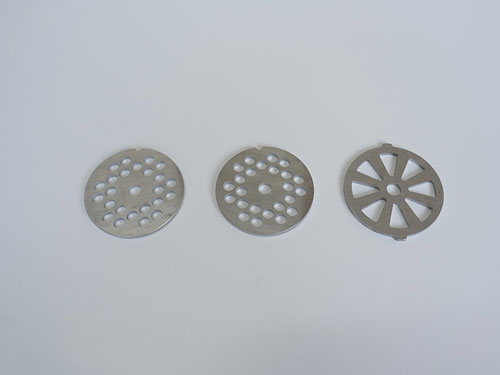
 Home > News
> News Information
Home > News
> News Information
So far, precision metal stamping parts have been widely used in the automotive industry. Automotive stamping parts are a type of metal material automotive component, and the material of automotive precision stamping parts will directly affect the service life and quality of the parts. Some can be directly used in cars, while others need to be processed into automotive parts through corresponding processes. So what are the material selection requirements for automotive precision metal stamping parts?

1、 Meet the requirements of the required process flow
When choosing raw materials for automotive stamping parts, it is important to understand the mechanical, physical, and chemical properties of automotive stamping parts in use, such as their applications in frame crossbeams, longitudinal beams, carriages, and other aspects. These parts play a supporting role, so it is necessary to choose some parts with high loads.
2、 Types and usage characteristics of stamped parts
We need to understand the types and usage characteristics of automotive precision metal stamping parts in order to choose the raw materials for automotive precision metal stamping parts. Only in this way can suitable metal materials be selected based on their types and usage characteristics. This not only ensures product quality and improves the efficiency of raw material use, but also extends the service life of automotive stamping parts.
3、 Good production process
In addition to selecting the type and application characteristics of automotive stamping parts, it is also necessary to choose precision metal stamping parts with relatively good process performance, so that the produced precision metal stamping parts can have good practicality.
4、 Cold stamping process
At present, cold stamping technology is widely used in the production process of automotive stamping parts, and the quality of cold stamping materials will directly determine the performance, service life, and cost of products. Therefore, it is necessary to choose cost-effective stamping materials according to the requirements.
5、 Hardness testing
Why do manufacturers need to conduct hardness testing on stamping materials before processing, and what are the reasons? Different stamping processes require hardness testing of sheet metal and precision stamping materials with different hardness levels. The purpose of this is to determine whether the annealing degree of the purchased metal sheet is suitable for subsequent stamping processing, ensuring the smooth progress of subsequent processing. When the material thickness is greater than 13mm, a Babbitt hardness tester can be used. The Vickers hardness tester can be used to detect aluminum alloy sheets used for workpiece processing. Pure aluminum plates or low hardness aluminum alloy plates should use a Babbitt hardness tester.


.jpg)






